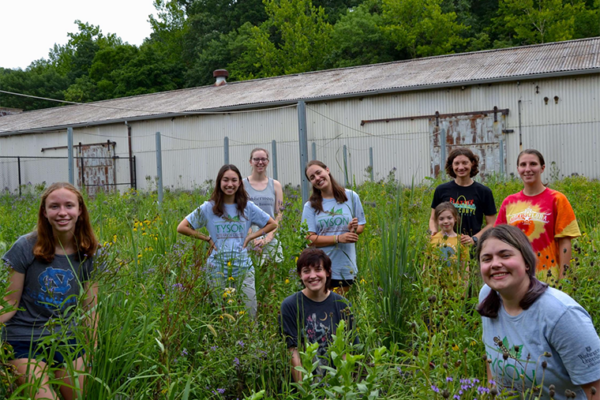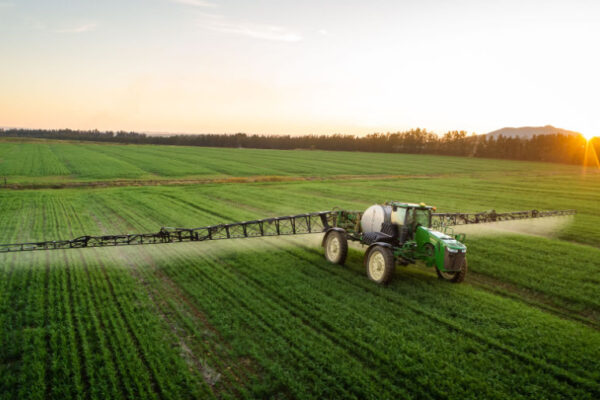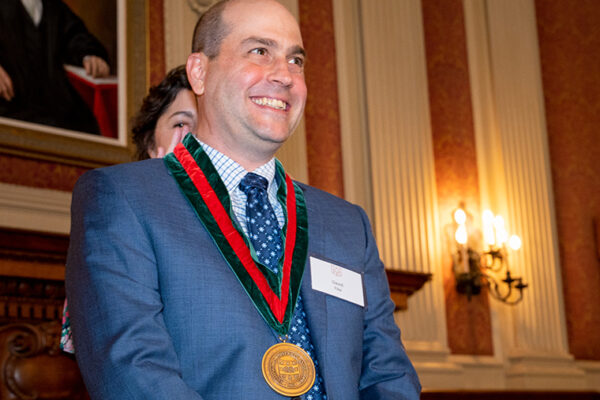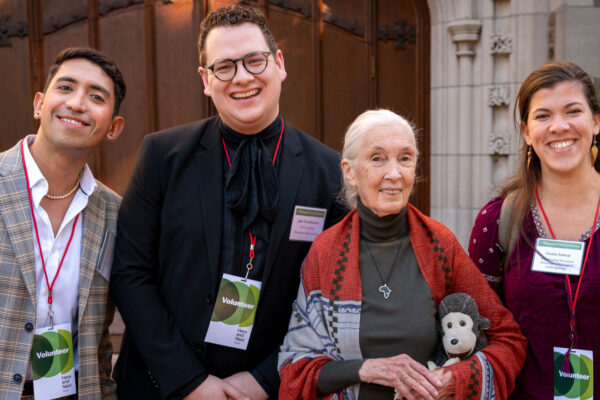What’s ahead for 2023
What changes and trends could we see this year? WashU experts in areas from artificial intelligence to climate to fashion share their insights.
2023 will be the year of the battery
Major advances in battery technologies will bring us a big step closer this year to large-scale renewable energy goals, international energy independence and a big reduction in greenhouse gases, according to Arts & Sciences’ Michael Wysession.
Nanoplastics produce unexpected reactions when exposed to light
A team of researchers led by Young-Shin Jun at the McKelvey School of Engineering analyzed how light breaks down polystyrene, the plastic from which packing peanuts and disposable utensils are made. They found that small plastic particles interact with neighboring substances more easily than previously thought, including with things like heavy metals and organic contaminants.
‘Humans of Tyson’ project highlighted at statewide conference
Colleen McDermott, a junior environmental analysis major in Arts & Sciences, discussed working with the “Humans of Tyson” project at Tyson Research Center during the recent 2022 Kansas and Missouri Environmental Education Conference.
Midwest Climate Collaborative receives NSF grant
The Midwest Climate Collaborative recently received its first National Science Foundation grant to explore ways to mitigate heat islands in four Midwestern cities.
Study shows hazardous herbicide chemical goes airborne
Research from the lab of Kimberly Parker, at the McKelvey School of Engineering, shows that amines, sometimes used as an additive in herbicides, can enter the atmosphere, where they pose risks for human and environmental health.
Fike installed as Glassberg/Greensfelder Distinguished University Professor
David A. Fike, professor of earth and planetary sciences in Arts & Sciences and director of the environmental studies program and the International Center for Energy, Environment and Sustainability, was installed as the Myron & Sonya Glassberg/Albert & Blanche Greensfelder Distinguished University Professor.
Inspiring hope through action
Jane Goodall made St. Louis — and Graham Chapel — a stop on her national tour to share her ‘tenacious authenticity’ and empower us to work together on behalf of our planet.
Before test results, signs of COVID-19 are in water systems
Research from the lab of Fangqiong Ling at the McKelvey School of Engineering finds SARS-CoV-2 material in wastewater reflects illnesses in communities. It also helps establish guidance for future studies.
New system creates bioplastics, consumes CO2
A team of researchers including Joshua Yuan at the McKelvey School of Engineering has developed a system that uses carbon dioxide to produce biodegradable plastics. They could someday replace the nondegradable plastics used today.
Older Stories









